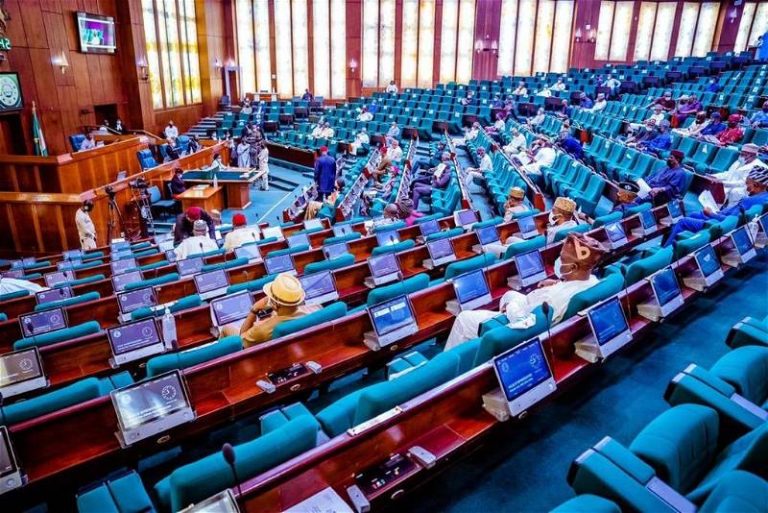The House of Representatives mandated its committee on the National Agency for Food and Drug Administration and Control (NAFDAC) to investigate the ban imposed on the production of beverages in sachets and small bottles in Nigeria by the agency in a plenary session on Wednesday.
The motion, moved by members Paschal Agbodike and Philip Agbese, addressed concerns surrounding the ban initiated by NAFDAC in January this year.
The ban was implemented due to the increasing cases of drug abuse, particularly among young Nigerians.
The probe
- Agbodike, leading the debate, emphasized the constitutional authority of the National Assembly to make laws for the order and good government of the Federation, as stipulated in Section 4(2) of the Constitution of the Federal Republic of Nigeria, 1999 (as amended).
- Sections 88(1) and (2) were also cited, empowering the National Assembly to conduct investigations into the activities of authorities like NAFDAC.
- He stated that the decision to ban the registration of beverages in small sachets and bottles runs counter to the spirit and letter of the Constitution and argued that it contradicts the Economic Recovery Plan of the current administration.
- Agbodike voiced concerns about the potential negative impact on the economy, particularly job losses for over 50% of workers in Nigeria.
- He emphasized the importance of supporting Small and Medium Enterprises (SMEs), the largest employers in the country.
- Highlighting potential consequences, Agbodike suggested that the ban could lead to the proliferation of unregulated production, undermining NAFDAC’s regulatory oversight.
The motion, aimed at addressing the ban’s economic and constitutional implications, was subsequently referred to the Committee on NAFDAC for further legislative consideration. The House seeks to navigate the delicate balance between public health concerns and the economic welfare of its citizens.
What you should know
- NAFDAC implemented a ban on alcoholic beverages in sachets and bottles less than 200ml.
- This decision, initiated in January 2022, followed the recommendation of a committee involving the Federal Ministry of Health, NAFDAC, the Federal Competition and Consumer Protection Commission (FCCPC), and industry representatives from associations such as AFBTE and DIBAN in December 2018.
- Health sectors in Nigeria have praised the ban calling it a good step in the right direction. According to them, alcohol is an addictive substance and its affordability through small sachets and bottles encouraged drug abuse.

